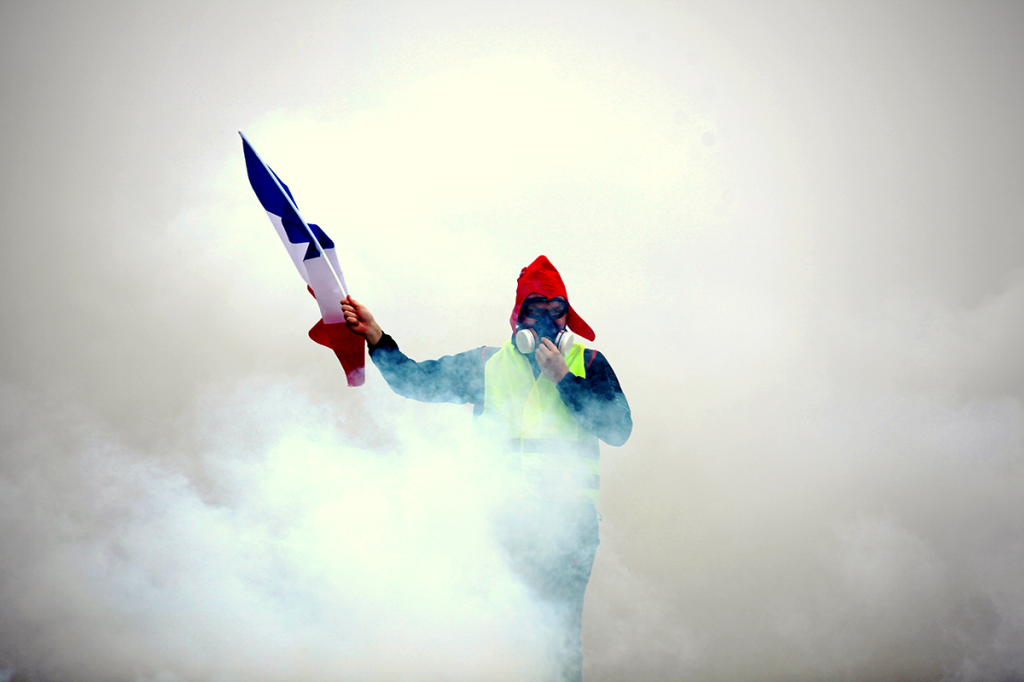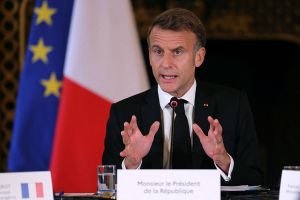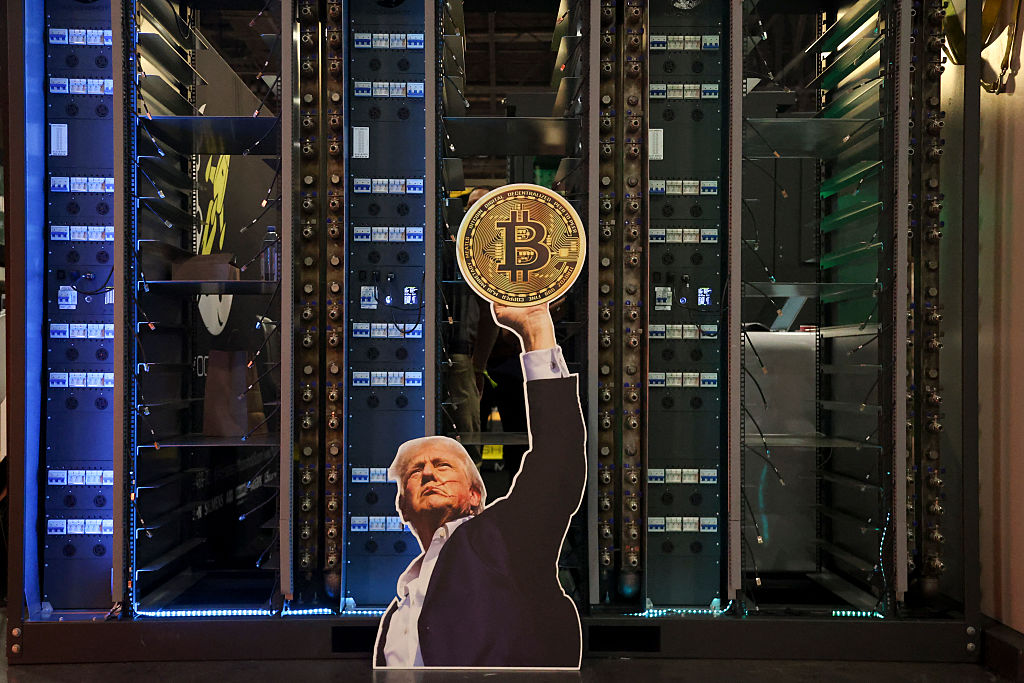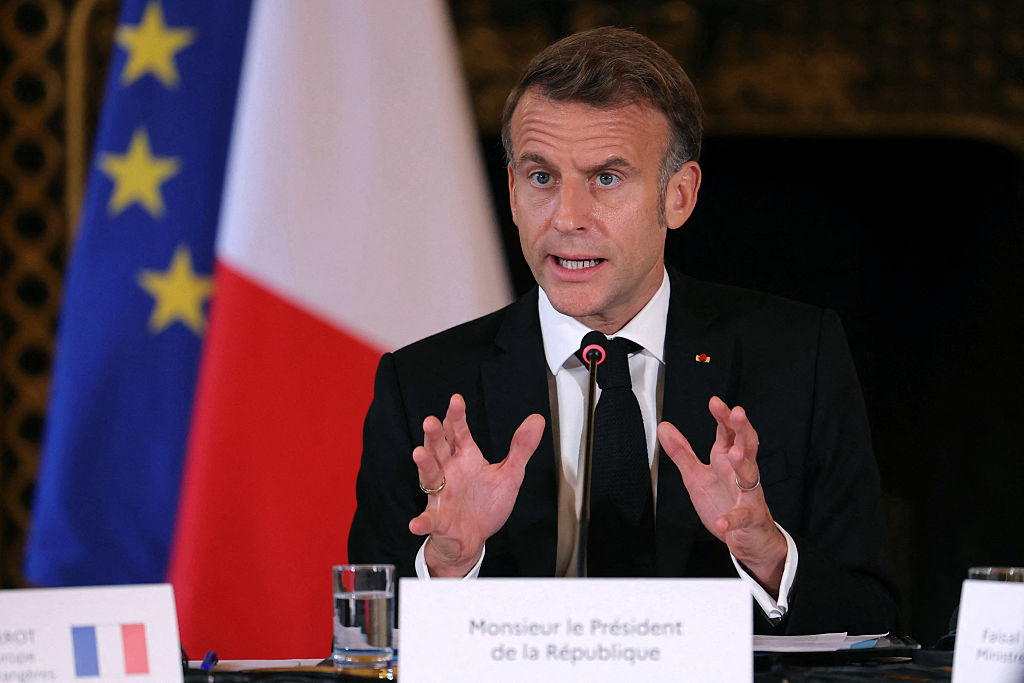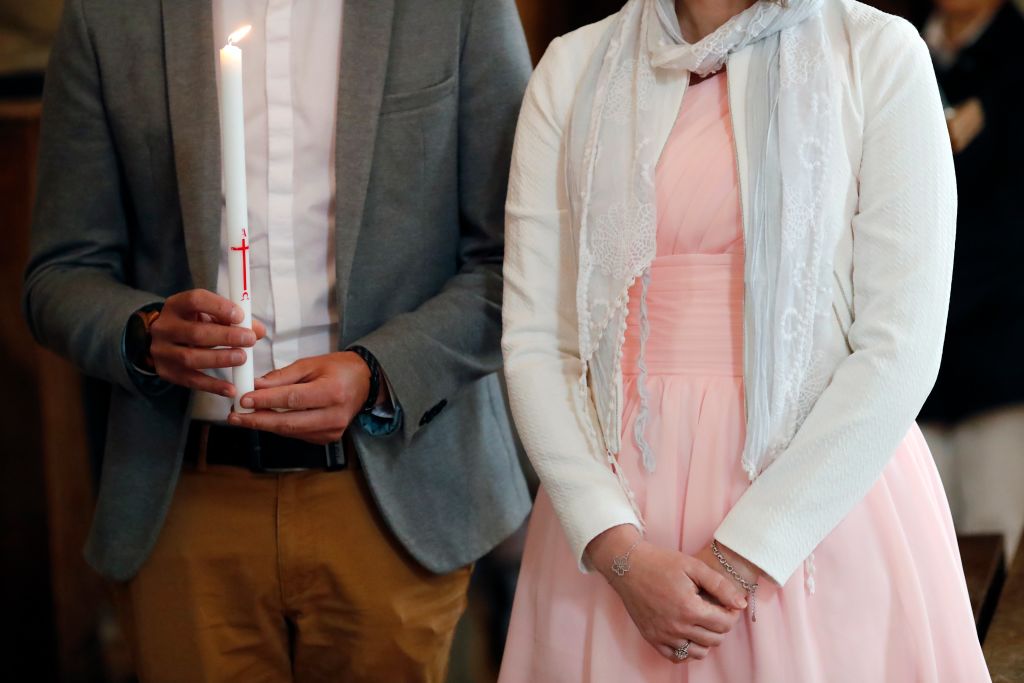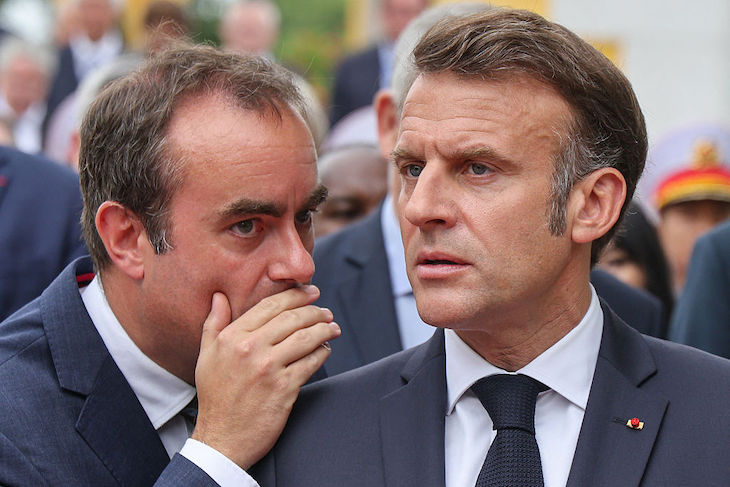This week France announced a €100 billion ($118 billion) stimulus package equivalent to 4 percent of GDP over two years. It might seem churlish to ask why the French government has put so much money on the table. To save the French economy, of course. But there’s a graver concern in France that has lately come to the fore.
But first, some context to the ‘France Revival’ stimulus program. It adds to the most generous furlough scheme of any developed economy, which in the spring was already calculated to push France’s debt to GDP ratio over 121 percent, according to France’s budget statistics. The rationale is that France’s economy is predicted to take one of the biggest hits from the pandemic and consequently Macron should do ‘whatever it takes’.
The package is also designed to save Macron in the presidential reelection race 18 months hence. The latest Ifop poll saw his popularity stuck at 36 percent, while 63 percent are unhappy with his performance. The ‘Revival’ package also acts as camouflage for getting through some of the labor and pension reforms that provoked so much protest and unrest before COVID. And here we come to the nub of the problem that politicians and pundits fear could be a consequence of COVID by mid-winter: large scale social unrest, even a breakdown of social cohesion.
This sounds dramatic, but the prospect of massive structural unemployment resulting from the economic consequences of COVID is viewed with greater trepidation in France than in any equivalent developed economy. Why is that? Because France has lived with structural unemployment of around 10 percent for nearly two decades — a fact that has deteriorated the social fabric of. the Republic.
Macron brought it down to 8 percent, but at what cost say his detractors. The ‘yellow vest’ movement, followed by large-scale labor unrest and demonstrations against pension reform, have rendered French society brittle and, for some, ready to snap. COVID lockdowns have added to the tension. A Pew Research international poll on August 27 showed a majority of French citizens believed their country more divided since COVID. Feelings of national disunity are tied to feelings of distrust in their fellow citizens and here France came top of the 14 nations surveyed.
Flare-ups have been increasing. Riot police tear-gassed rioters and looters in Paris on August 23 after the Paris Saint Germain soccer team was defeated by Bayern Munich in the Champions League final. Over 150 arrests were made, many of whom were not football supporters. Police, fire and ambulance services are regularly lured into violent ambushes in the banlieues. Bus drivers are assaulted. Fear of insecurity is pervasive if you happen to live in the poorer French urban areas.
[special_offer]
Two weeks ago the Interior Minister provoked a row when he described this pernicious atmosphere as ‘the ensauvagement of French society’ — a descent into savagery characterized by a general lack of respect for fellow citizens, property, law, order and the institutions of the Republic. The Prime Minister, Jean Castex, warned of a growing feeling of insecurity. Macron waded in saying France was undergoing a ‘normalization of violence since lockdown was lifted’. In a major speech at the Panthéon, the President tackled the linked subjects of identity, communitarianism and insecurity that were eroding the values and institutions of the Republic and French unity.
Here lies the true explanation for France’s ill affordable stimulus package: to combat a dramatic rise in unemployment that could destabilize an already fractured French society. Within the corridors of power, anxiety was acute at the time of the Black Lives Matter protests in France, principally for the speed and precision with which they were mounted. This comes on top of yellow vests and labour unrest. The Interior Minister’s chief of staff, the former French national intelligence coordinator, knows a thing or two about social unrest, as well as having used the term ‘ensauvagement’ before his boss.
The rentrée is looking tense. Seven trade unions, including the powerful CGT, have announced as an opener a day of strikes for September 17 around unemployment, a reduced working week and Macron’s pension reform. Some 600,000 jobs have been lost since COVID — albeit masked by the furlough scheme, which terminates on November 1. The French central bank expects French unemployment of 11.5 percent by mid-2021 and a million jobs lost. Mass unemployment in a country racked by high levels of distrust, deep feelings of insecurity, a loss of identity and a tradition of rebellion all make for a powerful cocktail. €100 billion is a price well worth paying to stave it off. But will it suffice?
This article was originally published onThe Spectator’s UK website.



